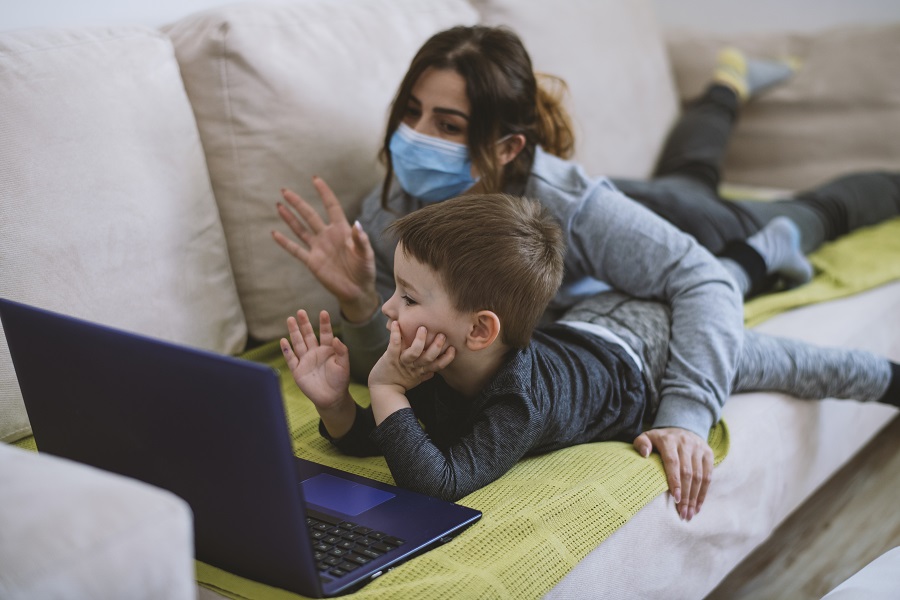These are tough times. The COVID-19 pandemic has affected us all. We’re living in an environment of collective anxiety about our jobs, our families, and our futures. In doing so, we’re drawing on several key “social and emotional skills”—or human skills: everything from critical thinking, problem-solving, and communication to empathy, collaboration, and leadership.
These are the skills that will get us through this.
An emotional world
Our communication skills are perhaps more important than ever. We’re drawing on them to stay connected with our colleagues, friends, and family members. Political leaders and public health authorities try to carefully communicate the need for physical distancing and self-isolation to encourage healthy behaviours. And parents draw on these skills to explain to children why playgrounds aren’t safe just now, and why friends can’t come over to visit.
Navigating the news we’re being bombarded with requires us to be critical about whether the information is credible or misleading. We’re also drawing on problem-solving skills to quickly re-orient our businesses, transition to online learning, or deal with depleted toilet paper supplies at home.
Many have lost their jobs or worry they might. Those fortunate enough to be able to work remotely are adapting to disrupted routines and new realities. And those who are unemployed or underemployed must be resilient and adaptable as they face an even more uncertain job search. These skills need to be combined with tough decisions and problem-solving to balance the increasingly blurry line between work and home life.
The pandemic’s effects on the labour market also shed light on the responsibility of employers and leaders to exercise their own social and emotional skills. The burden to get through this crisis and thrive afterward doesn’t just fall to employees and job seekers. Leadership skills are critical, and they include other social and emotional skills: responsible decision-making, open and transparent communication with employees, active listening, and flexibility around how “business as usual” happens, to name a few.
Arguably, our capacity for empathy is the most critical. Employers need to empathize with and be responsive to the needs of their employees. Employer empathy at these times involves being more open around business decisions and being willing to respond to the pandemic’s impacts on employees’ mental health and productivity.
Employers must also consider how employees from vulnerable groups are affected. What does self-isolation mean for women facing domestic violence, or LGBTQ2S+ people who can no longer afford housing and are not welcome in their family home? Are employees with physical and mental health challenges able to safely access food and medicine? And we mustn’t forget the helpers, who by helping become vulnerable.
Having empathy means mitigating the worst consequences of the pandemic for the most vulnerable members of our workplaces and society and being willing to change policies and mobilize resources.
New world, same skills
The demand for human skills will continue after the crisis—especially empathy, resilience, adaptability, and self-awareness. We’ll need these skills as we return to our workplaces, launch new businesses, seek new employment, and adjust to the new normal.
Prior to the pandemic, we released a paper entitled The Future Is Social and Emotional. The title remains true—perhaps more now than before. Our central argument was that employers are increasingly calling for people who have these skills, but our systems of learning and training beyond grade school don’t often prioritize them. This means we don’t have the best tools for understanding, measuring, and fostering human skills in adults.
We’re all being tested in this brave new world that is the pandemic. Mercifully, you won’t get a grade assigned at the end, but the skills getting you through this are social and emotional. And this large-scale exercise in experiential learning will help us recognize and articulate their value in the new, post-COVID world.
Learn more about social and emotional skills by visiting: https://www.conferenceboard.ca/research/the-future-is-social-and-emotional


